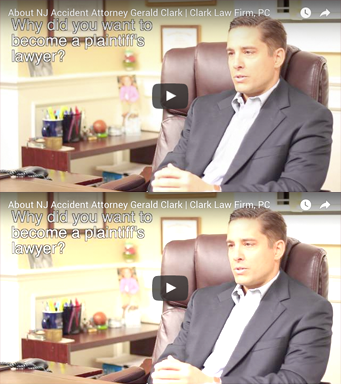Nursing Home Abuse
Addressing and Overcoming Defenses in Nursing Home Elder Abuse Cases
In pursuing a claim for damages for elder abuse against a nursing home, plaintiff’s counsel must consider many strategic issues. Experienced NJ personal injury lawyers can give you full details about what to anticipate.
At the outset of the lawsuit, a primary question is whether to name only the nursing home as a defendant or also charge other parties (such as outside doctors) as additional defendants.
If it is clear that the nursing home is directly and clearly responsible, it may be most effective to sue only the nursing home. When there is only one defendant, the case will focus only on the negligent or wrongful conduct of only that party, and the injuries of the nursing home resident.
While this approach has considerable appeal, it is not risk-free. One of the most significant consequences is that the nursing home and its staff will attempt to focus blame on outside doctors or other caregivers for the harm suffered by the resident.
Examples of how this tactic is used include the following:
-
A nursing home employee can testify that negligent treatment of a resident was a consequence of following an outside doctor’s directions for care.
-
An employee of the nursing home may testify that efforts to contact the resident’s outside physician failed to produce a response from the doctor.
-
The attorney can argue that an outside physician wrote vague or confusing orders for patient care.
-
The attorney can argue that an outside physician was not giving proper attention to the resident’s medical needs, given the resident’s medical condition.
- The attorney can present evidence that an outside physician knew (or should have known) that nursing home care required correction or improvement but did nothing to rectify the situation.
If the case involves major injuries or a wrongful death claim, there is a strong likelihood that the nursing home and its attorneys will seek to name outside care providers (especially doctors not employed by the nursing home) as additional defendants.
A plaintiff’s attorney may anticipate and attempt to deal with these defenses by naming all the care providers who treated plaintiff during the period immediately preceding the culminating event. But this strategy is expensive: the more parties that are named, the more attorneys, each with discovery rights, and the greater the number of likely expert witnesses that will be involved.
Procedurally, this approach can also create multiple problems. In some jurisdictions, different statutes of limitation and different notice provisions apply to claims against physicians. There may be damages limitation provisions which would also apply to such additional parties.
One final strategic consideration: if you have a straight shot against the nursing home for wrongful or abusive conduct, adding additional parties functioning under differing standards of care may only dilute your most powerful claim and may confuse the jury or judge deciding your case.
For a free initial consultation with a experienced NJ personal injury lawyers, contact the Clark Law Firm, PC at (877) 841-8855 today.

